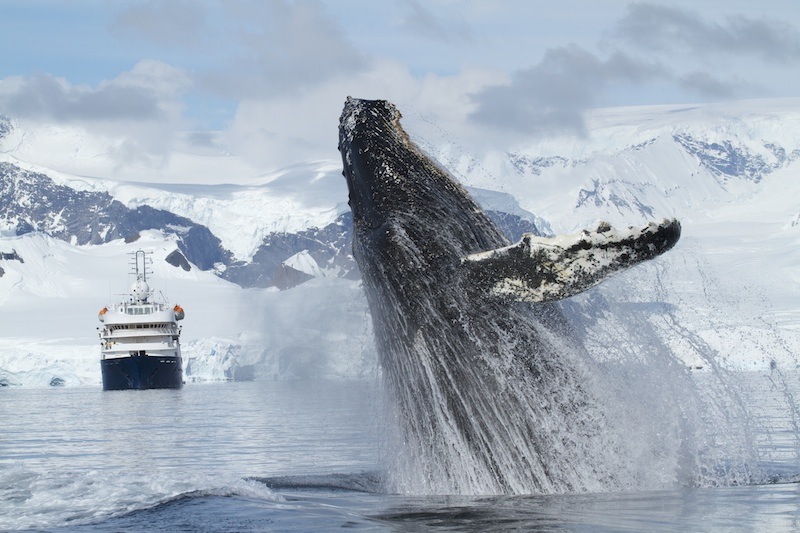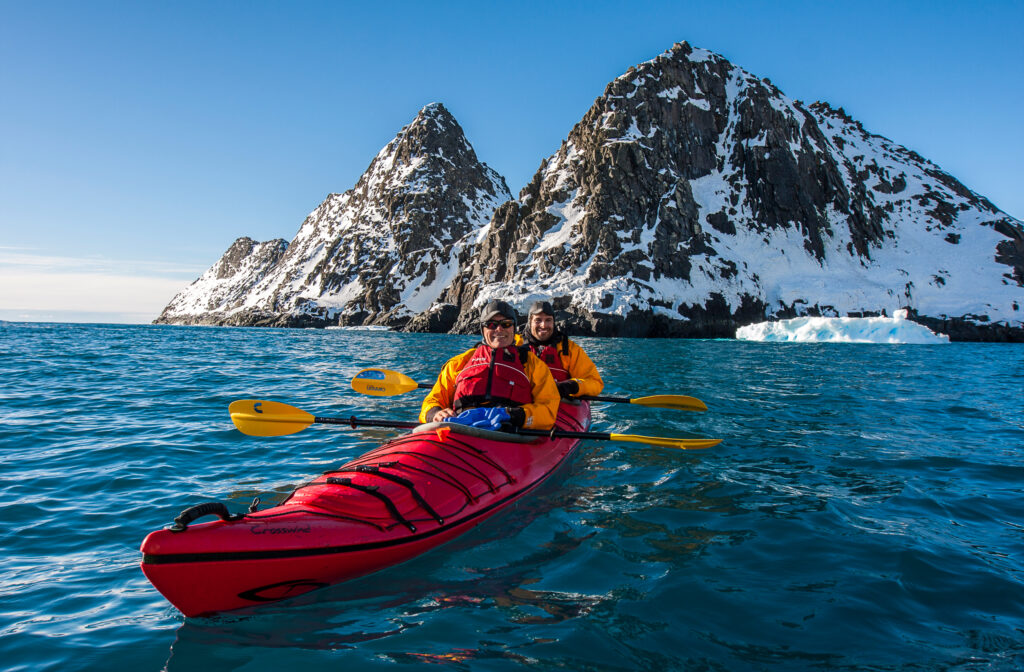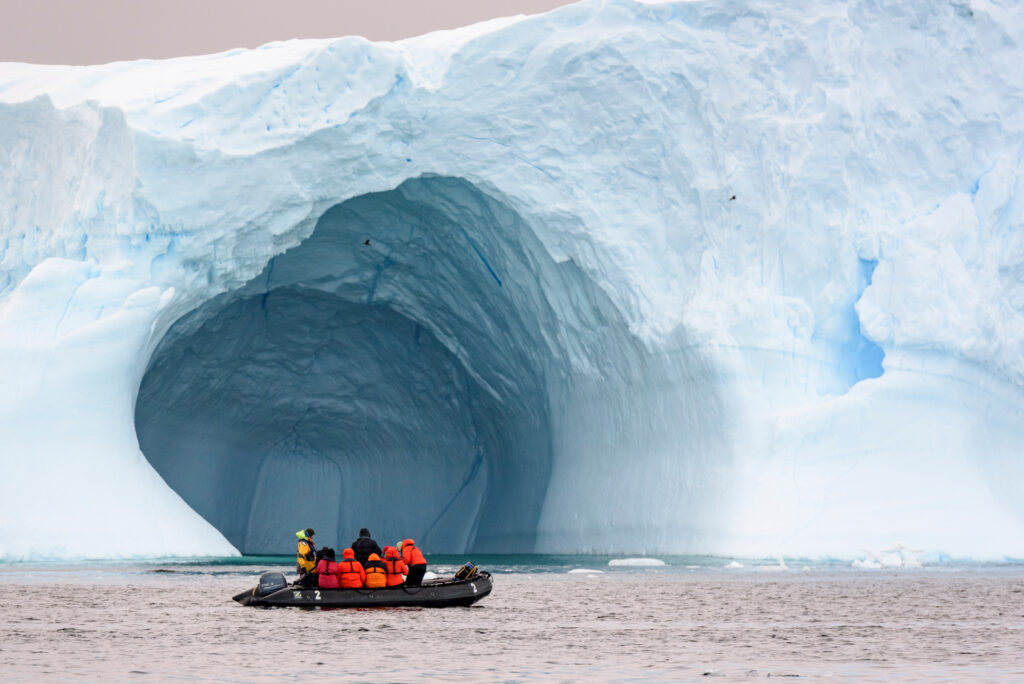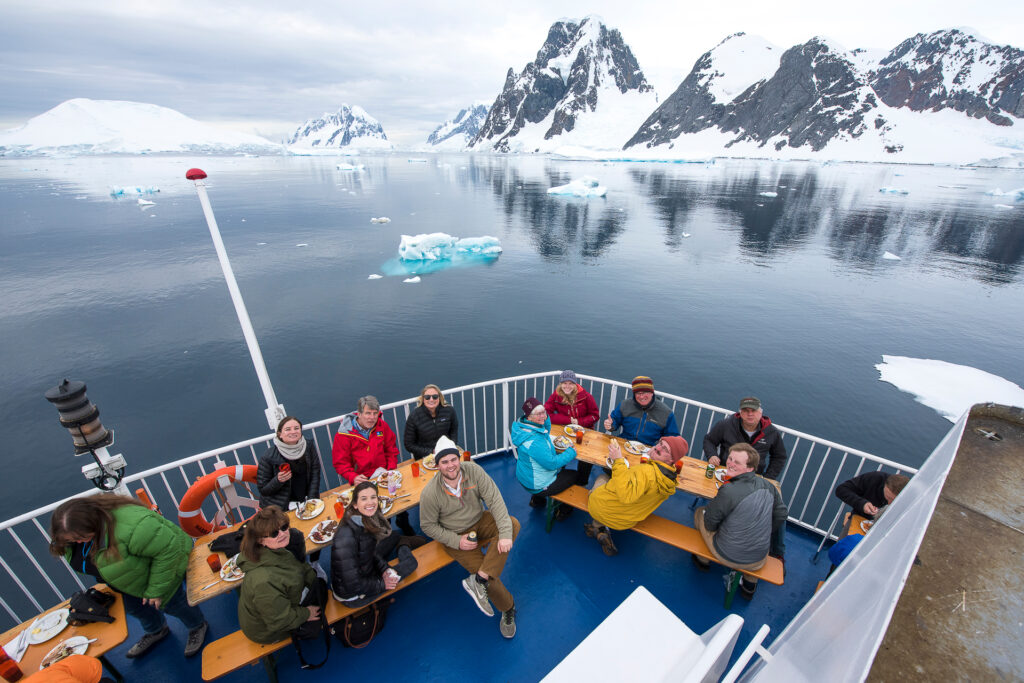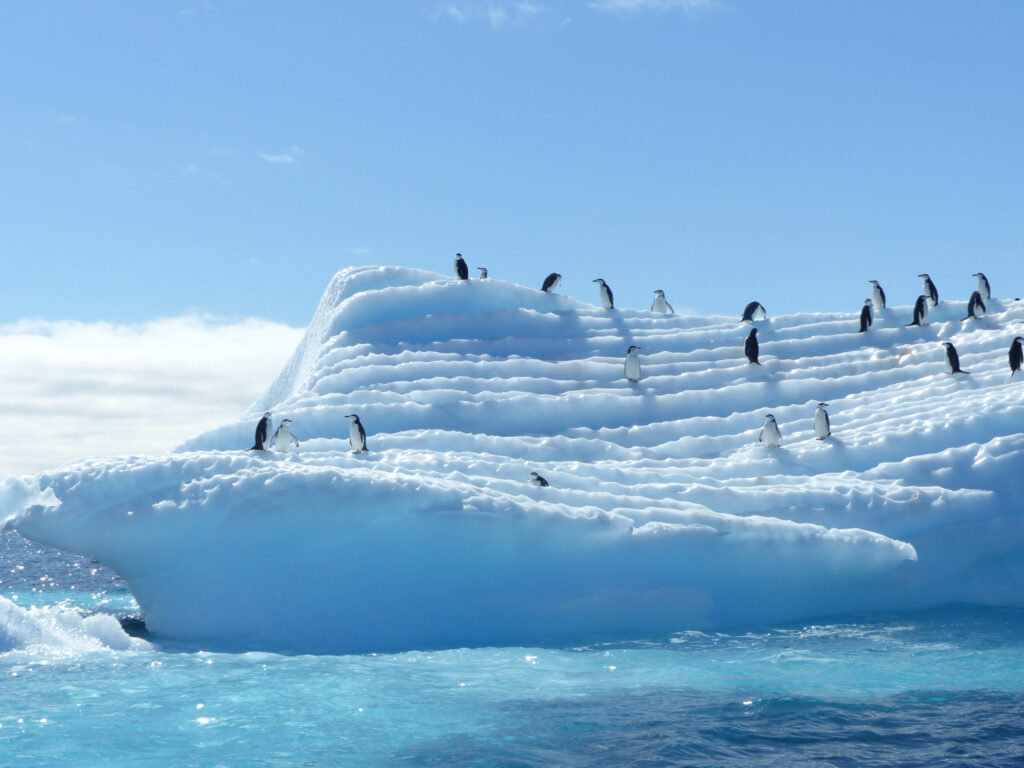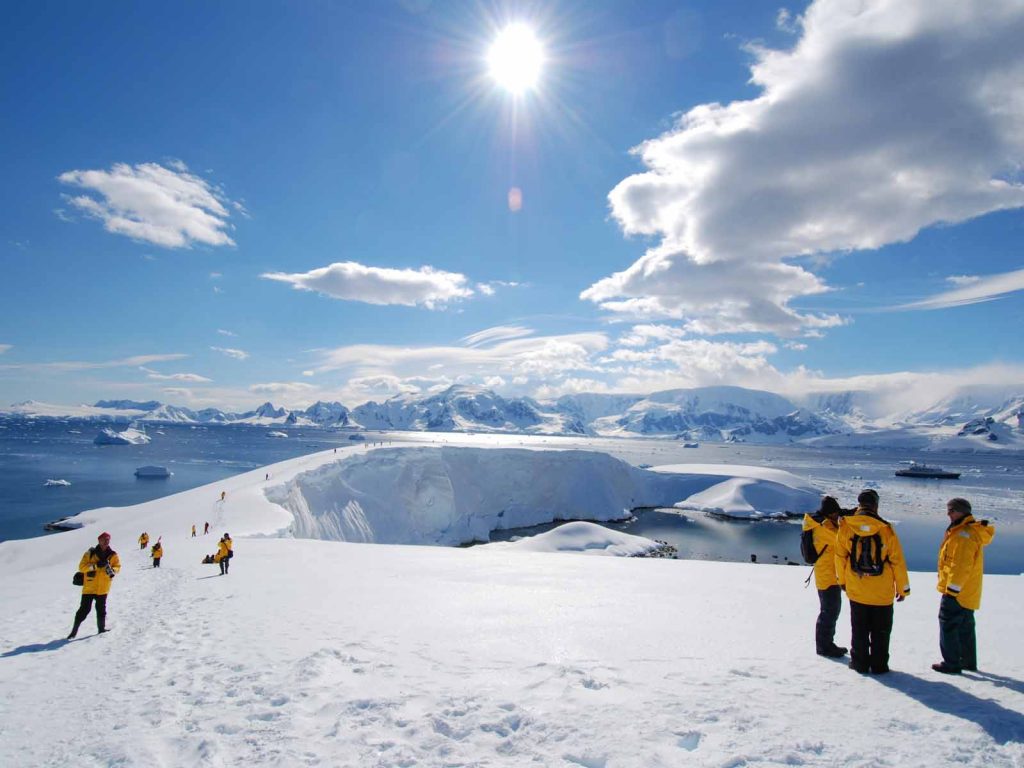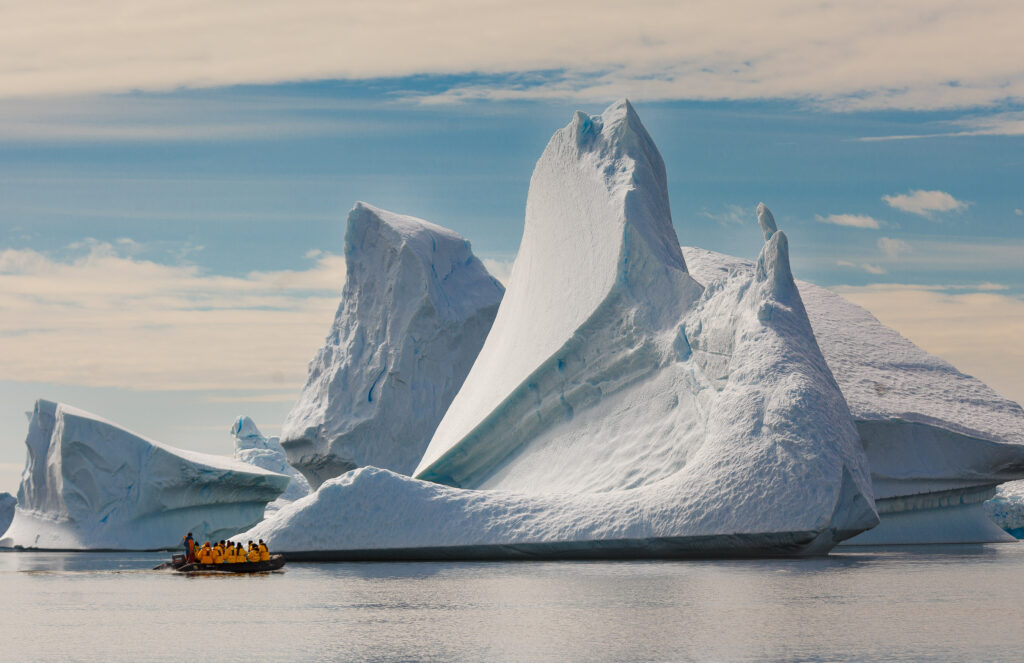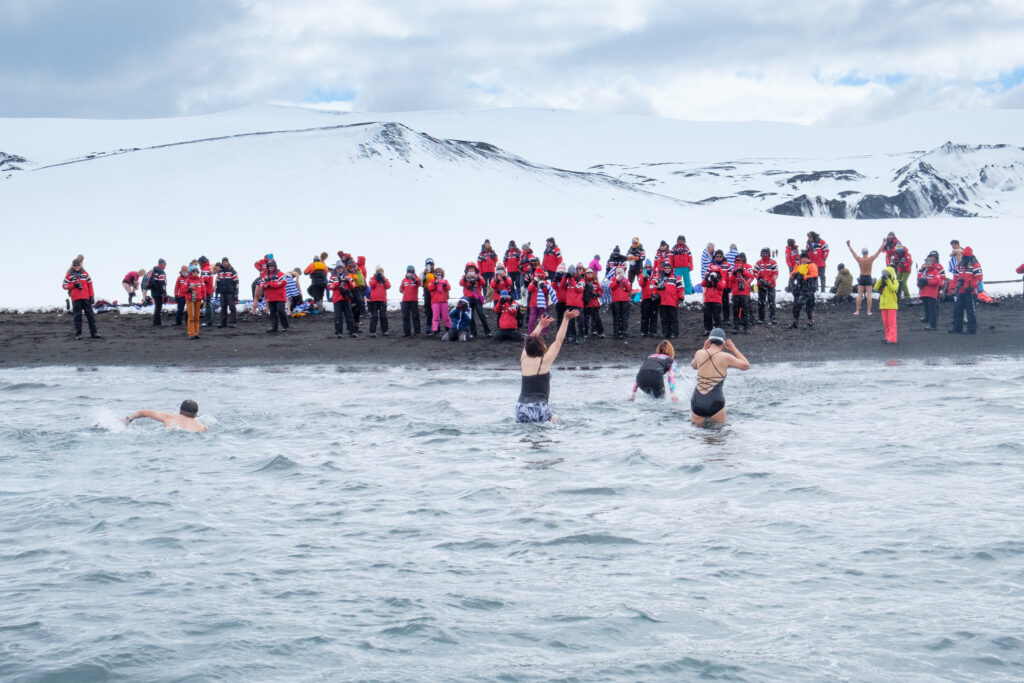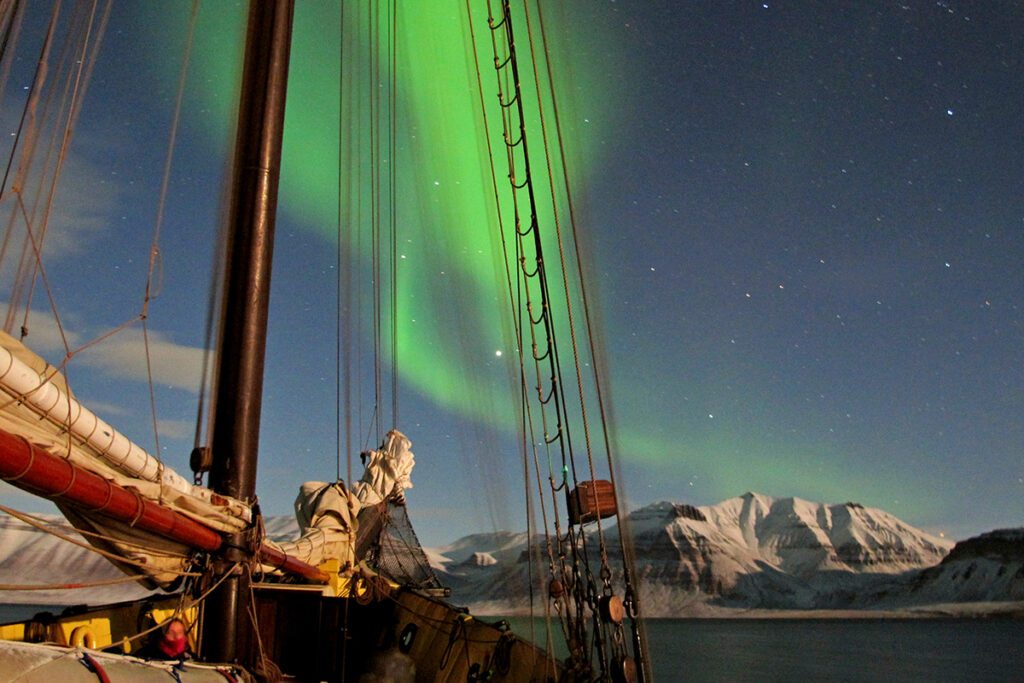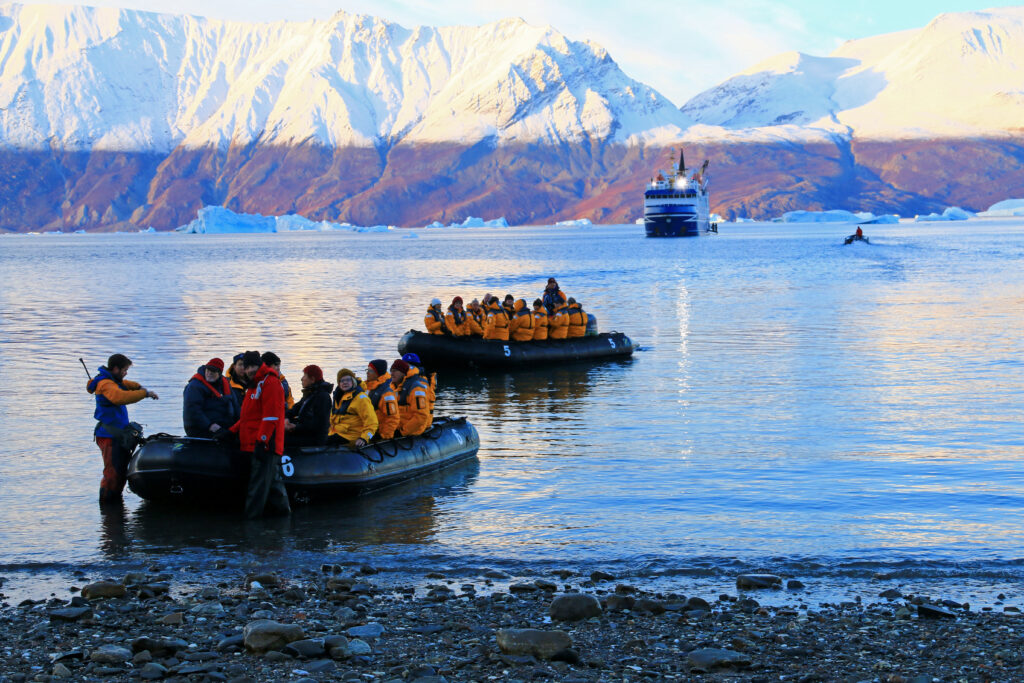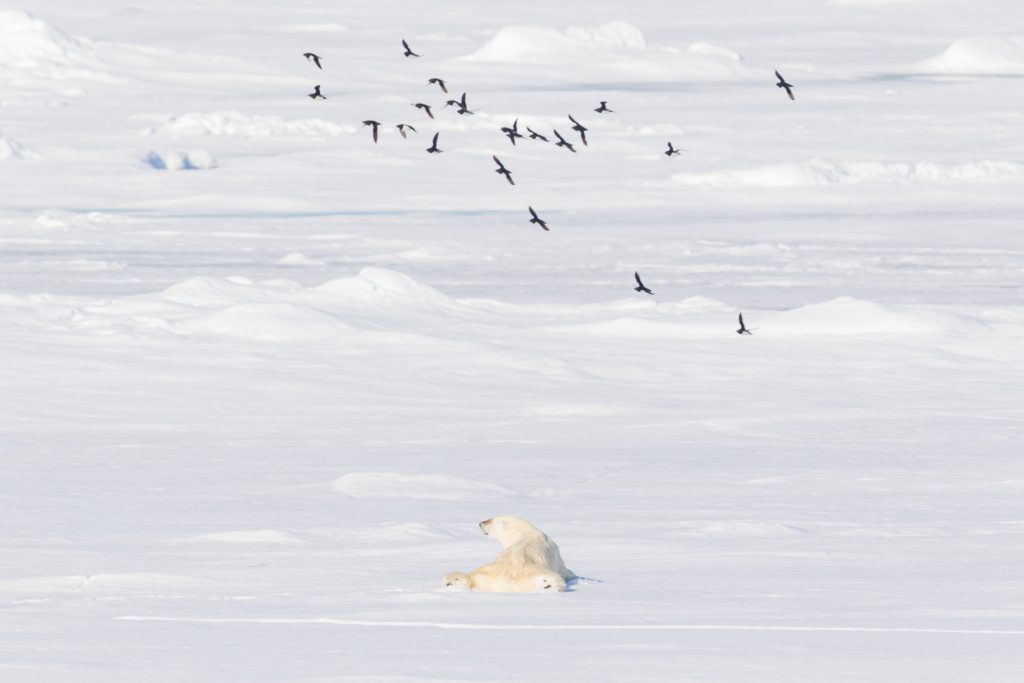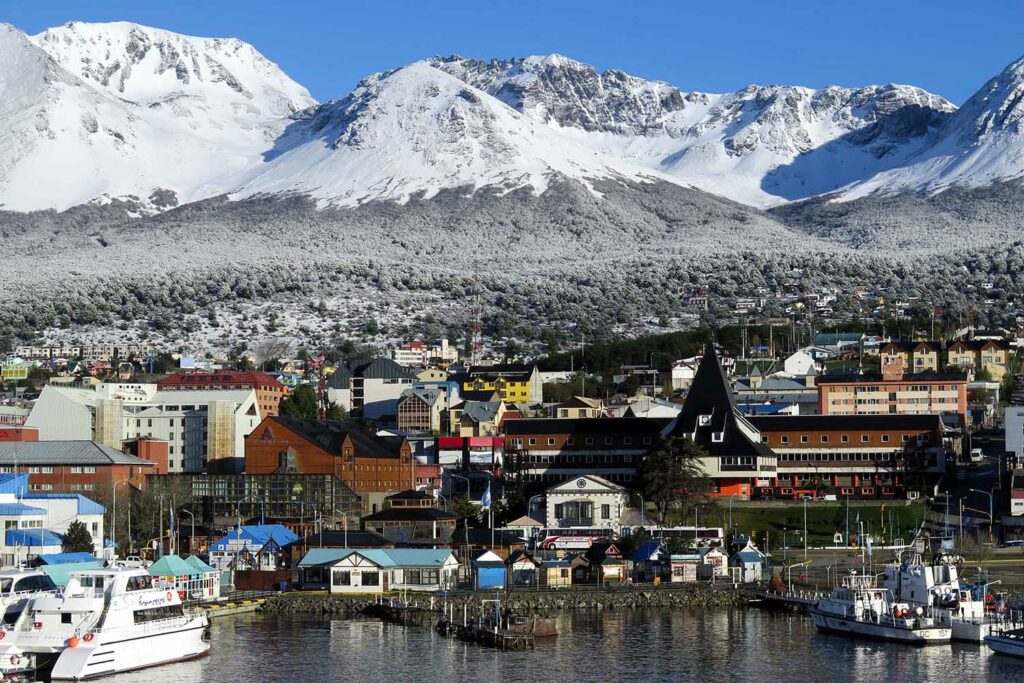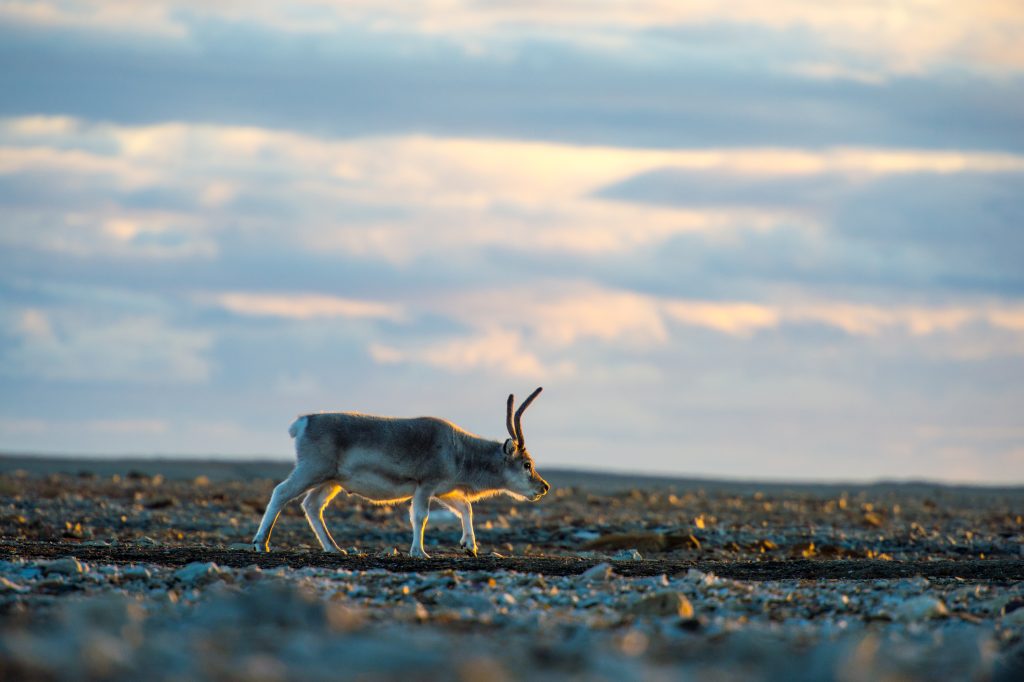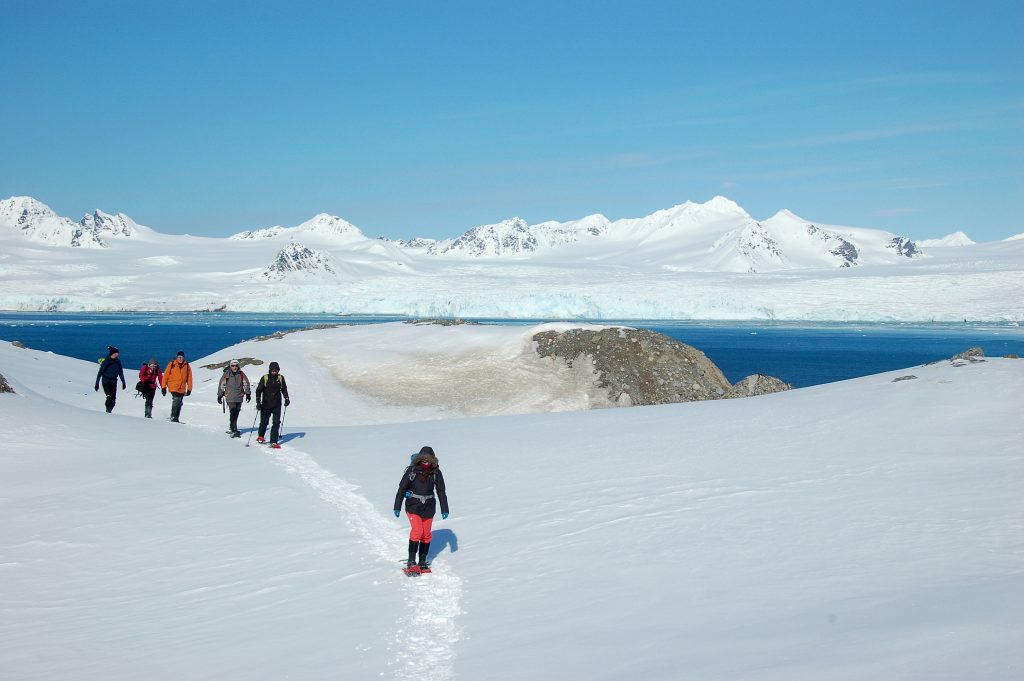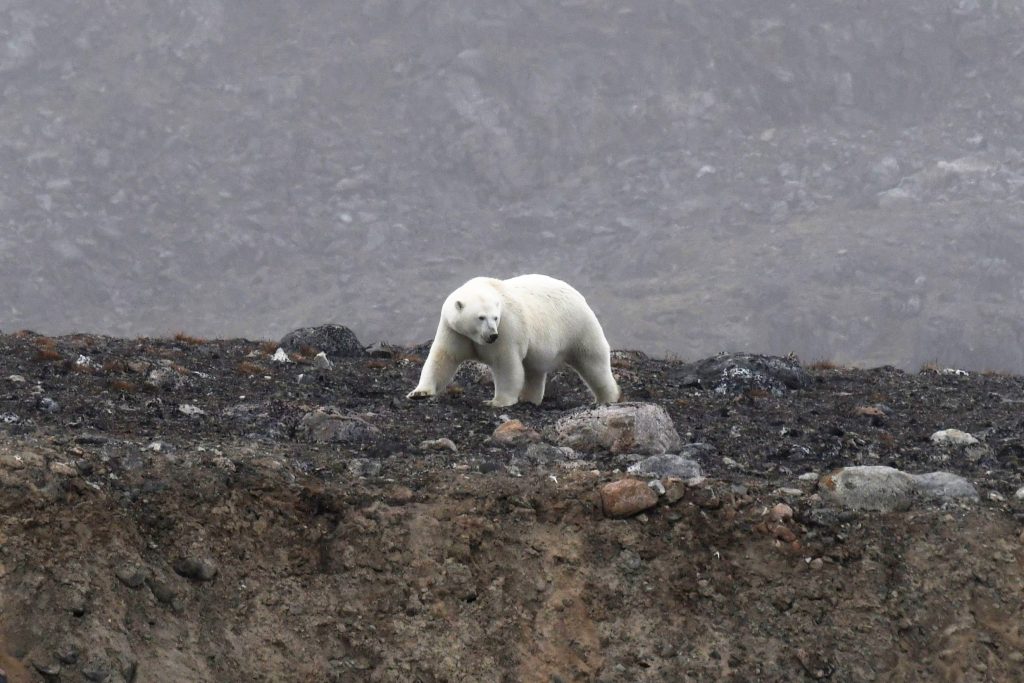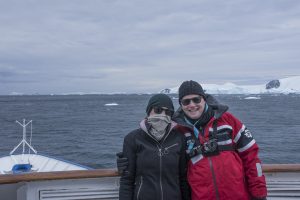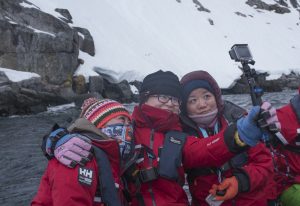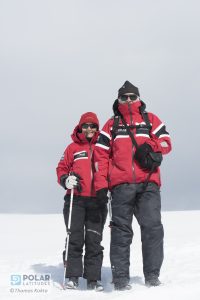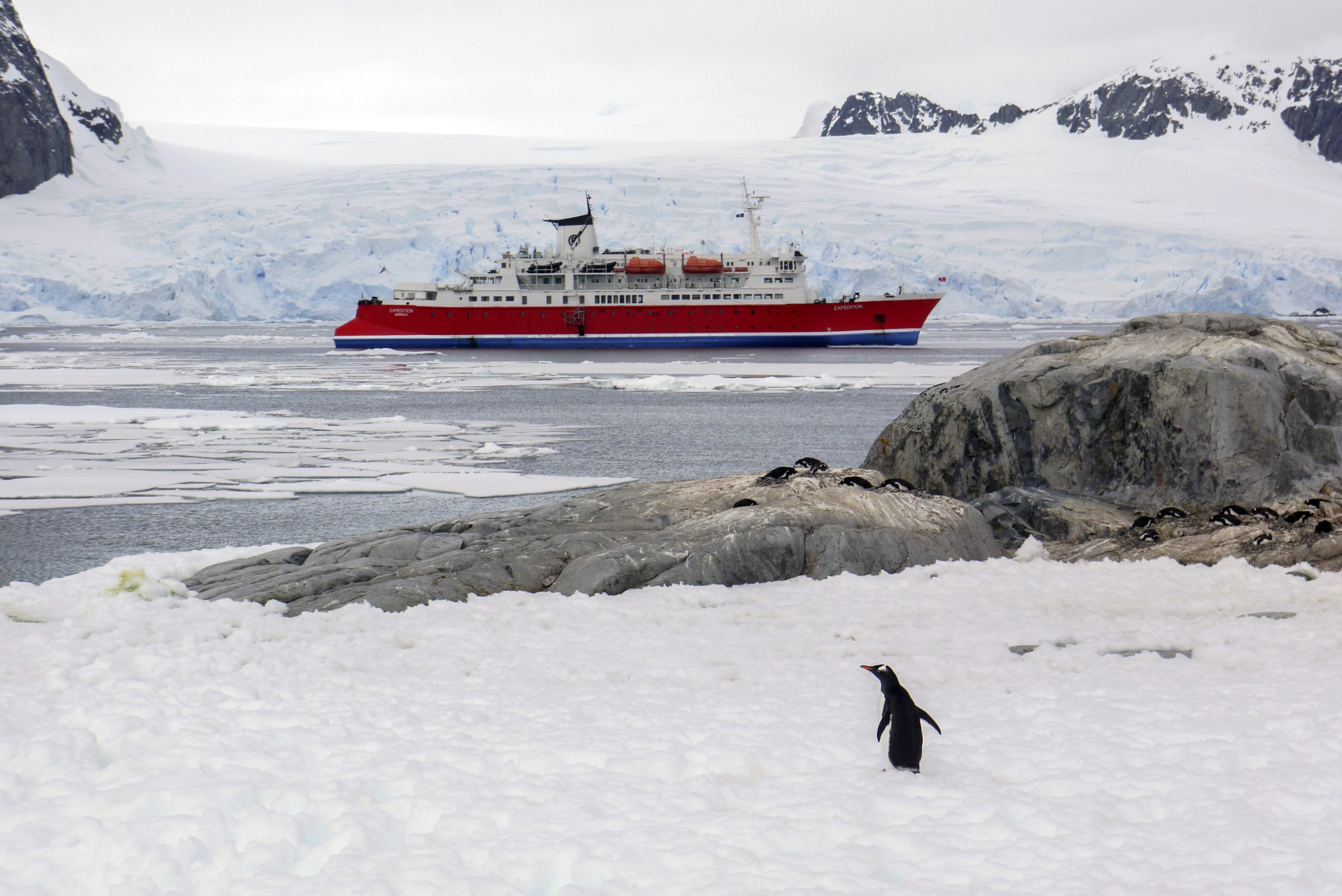Book Incredible Cruises to Antarctica and the Arctic
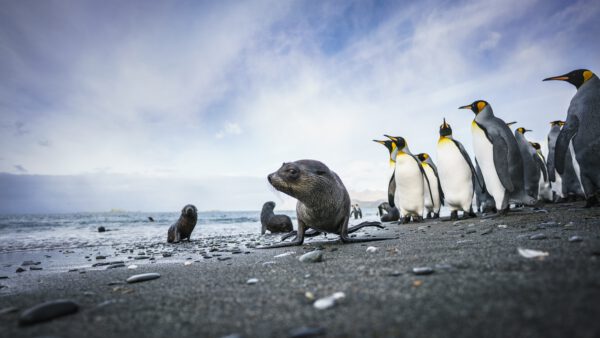
Feb 01, 2024 -
Feb 20, 2024
All (sub-)Antarctic highlights in one voyage, with spectacular landing sites on the Falkland Islands and encounters with black-browed albatrosses and rockhopper pinguins. You’ll have the chance to meet at least six different penguin species. You’ll explore the transition fro...
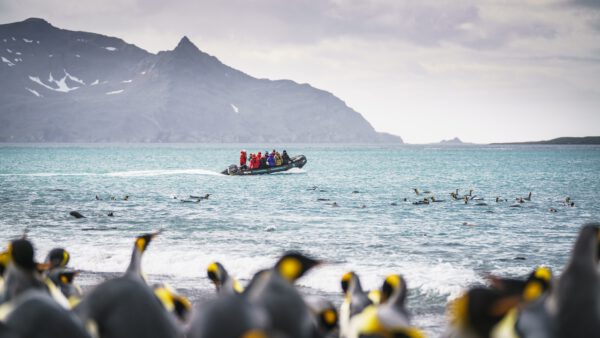
Feb 02, 2024 -
Feb 21, 2024
All (sub-)Antarctic highlights in one voyage, with spectacular landing sites on the Falkland Islands and encounters with black-browed albatrosses and rockhopper pinguins. You’ll have the chance to meet at least six different penguin species. You’ll explore the transition fro...
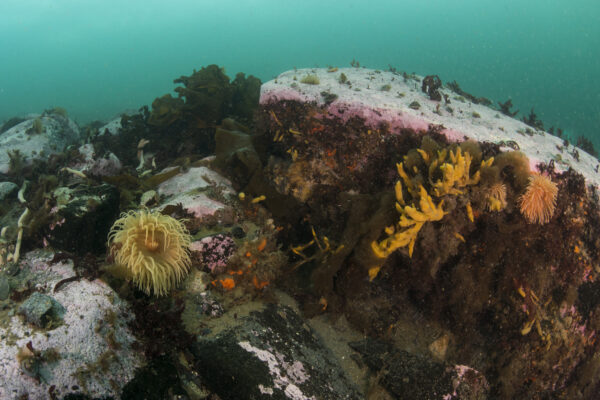
Feb 03, 2024 -
Feb 13, 2024
This Antarctic Peninsula and South Shetland Islands cruise delivers you into a landscape of dark rugged rock, pure white snow, and a fantastic variety of wildlife. Come say hello to whales, seals, and thousands of penguins....
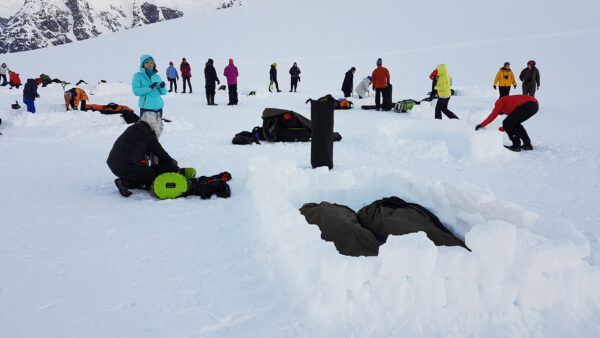
Feb 13, 2024 -
Feb 25, 2024
“Base camp” is by definition a temporary storing and starting place, from which an activity starts. We offer “activity modules” which go beyond our normal shore program. The vessel will stay for two or three days at specific locations to serve our active passenge...
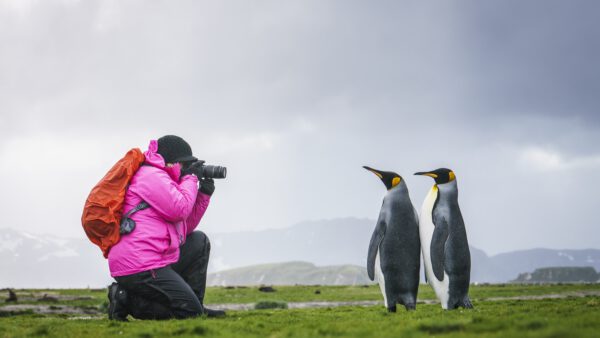
Feb 20, 2024 -
Mar 13, 2024
All (sub-)Antarctic highlights in one voyage, with spectacular landing sites on the Falkland Islands and encounters with black-browed albatrosses and rockhopper pinguins. You’ll have the chance to meet at least six different penguin species. You’ll explore the transition fro...
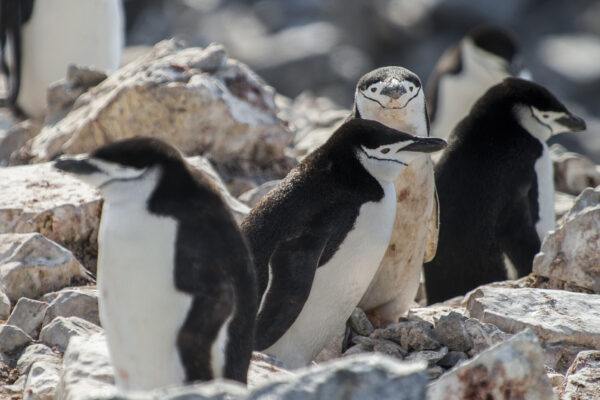
Feb 25, 2024 -
Mar 07, 2024
This voyage will take you further south of Antarctica, crossing the Polar Circle. This cruise passes through waters travelled by Humpback, Minke and Fin whales. Anchoring in various spots around the region, the expedition offers the chance to hike, kayak, and dive in the iceberg-heavy w...
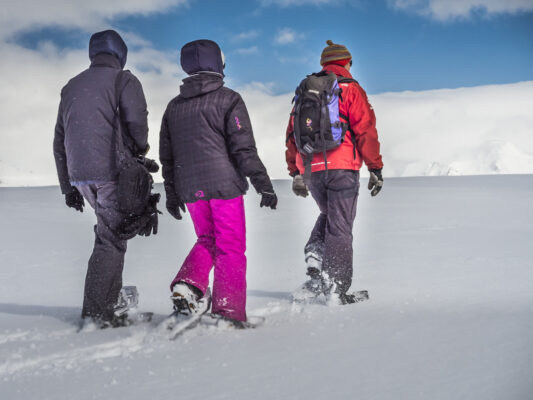
Mar 04, 2024 -
Mar 16, 2024
“Base camp” is by definition a temporary storing and starting place, from which an activity starts. We offer “activity modules” which go beyond our normal shore program. The vessel will stay for two or three days at specific locations to serve our active passenge...
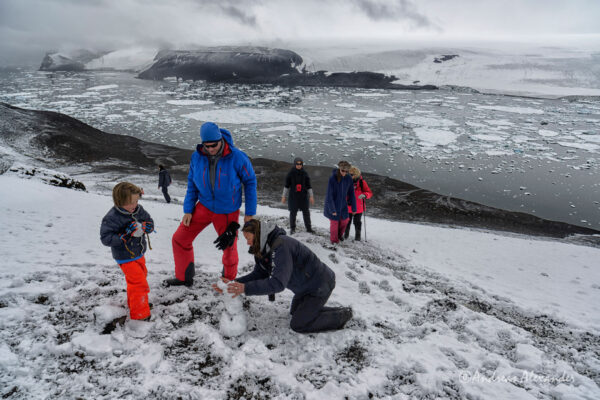
Mar 07, 2024 -
Mar 21, 2024
This expansive expedition takes you into the Antarctic Circle, combining the rich animal life of the Weddell Sea with the surreal shores and islands of the Antarctic Peninsula. Such key landing sites as the legendary Elephant Island and Crystal Sound make this voyage truly exceptional....
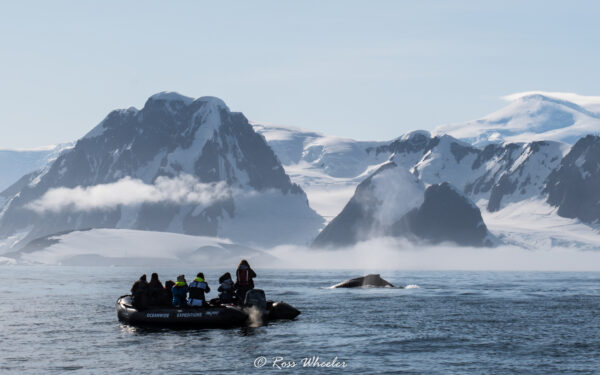
Mar 13, 2024 -
Mar 28, 2024
This voyage explores a number of historically significant Antarctic areas, such as the very rarely visited Bellingshausen Sea, Marguerite Bay, and Alexander Island. We focus on places discovered by Adrien De Gerlache on his Belgian Antarctic Expedition (1897 – 1899) and Jean-Bapti...
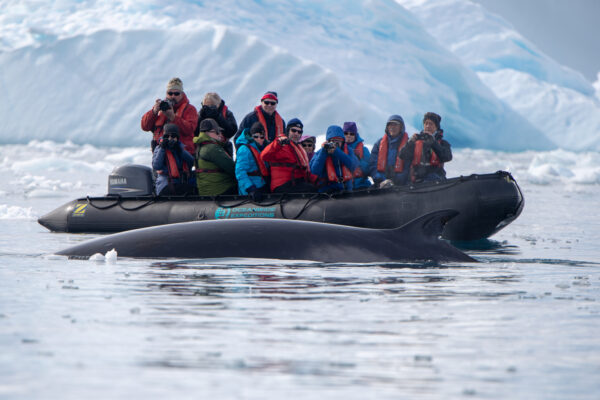
Mar 16, 2024 -
Mar 29, 2024
This Polar Circle and Antarctic Peninsula cruise will take you further south of Antarctica, crossing the Polar Circe. This expedition cruise passes through waters travelled by Humpback, Minke and Fin whales. Anchoring in various spots around the region, the expedition offers the chance ...
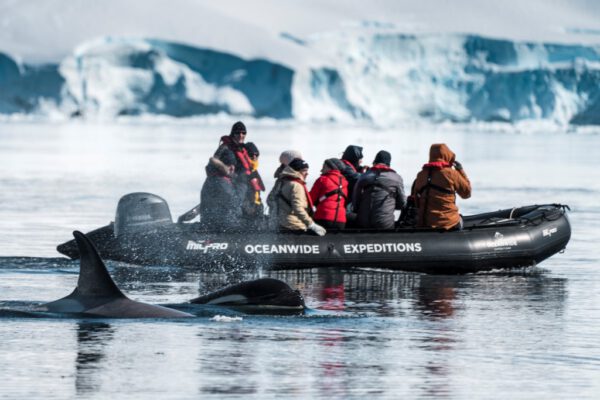
Mar 21, 2024 -
Apr 01, 2024
This voyage will take you further south of Antarctica, crossing the Polar Circle. This cruise passes through waters travelled by Humpback, Minke and Fin whales. Anchoring in various spots around the region, the expedition offers the chance to dive in the iceberg-heavy waters....
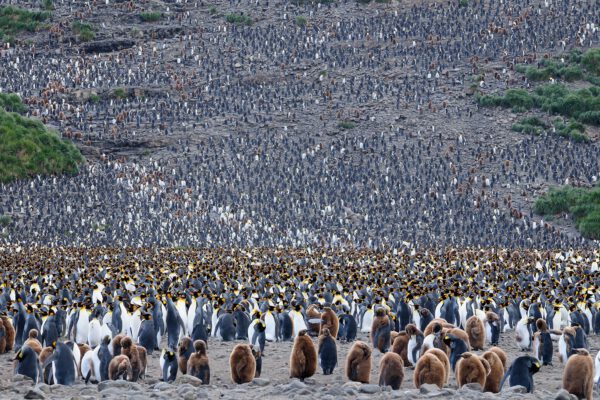
Mar 28, 2024 -
Apr 20, 2024
The Atlantic Odyssey cruise visits some of the remotest islands in the world, crossing the migratory paths of Arctic Terns, Long-tailed Skuas, other birds, and a variety of whales as they make their annual expeditions north for the breeding season....

